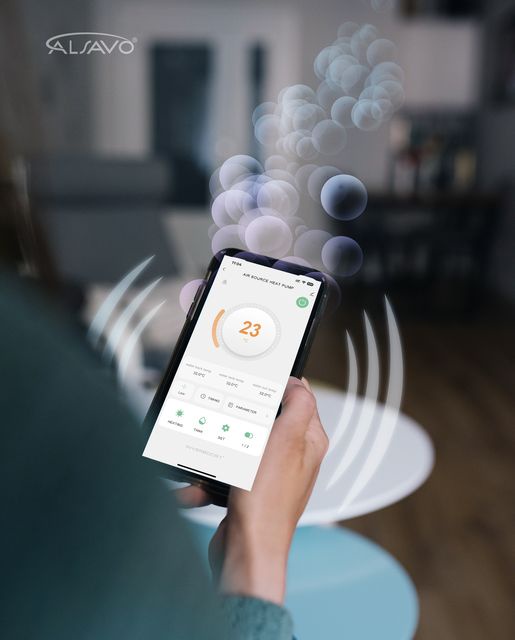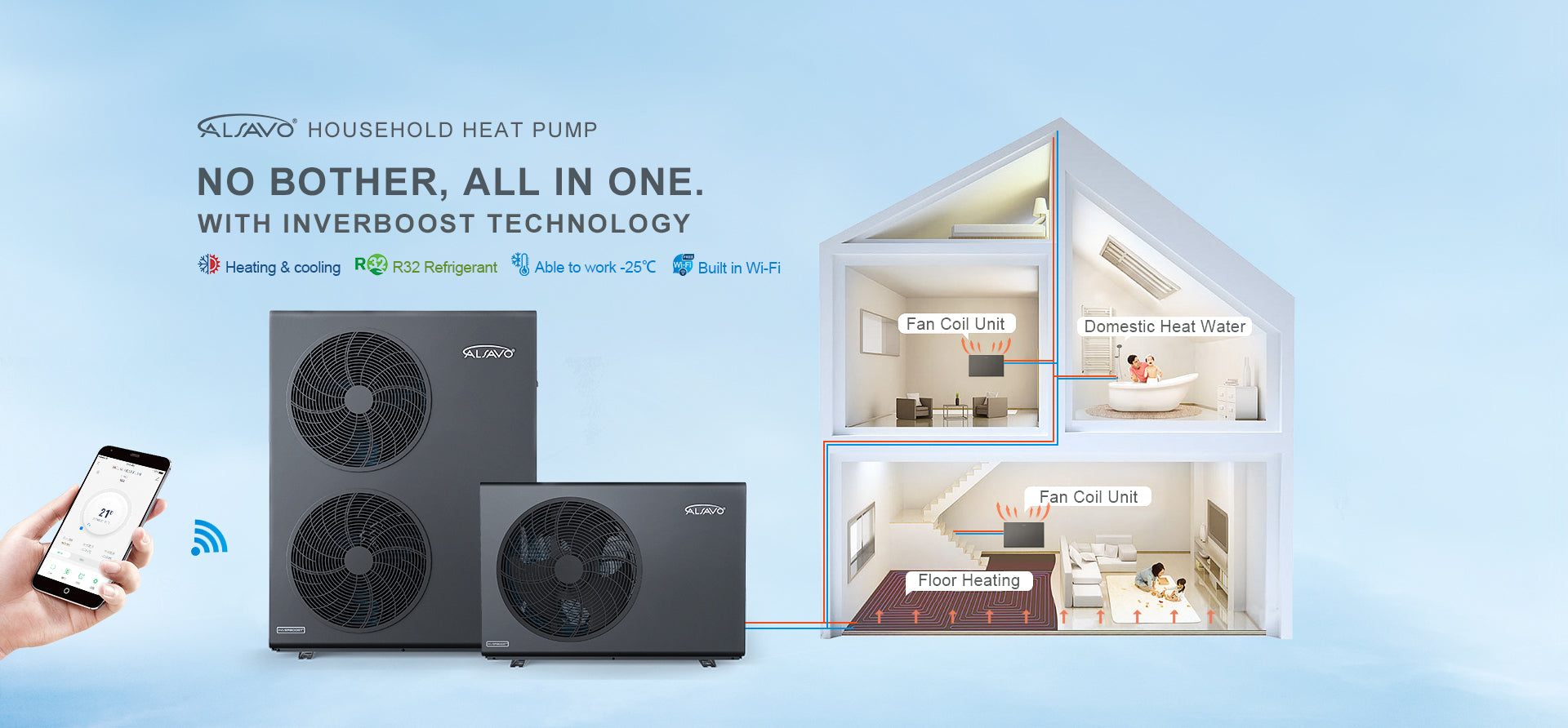What is the history of the heat pump companies?
The history of the heat pump dates back to the mid-1800s when scientists and engineers first began to experiment with refrigeration and thermodynamics. In 1852, Lord Kelvin developed the concept of a heat pump, which is a device that transfers heat from one location to another using mechanical work.
The first practical application of the heat pump was developed in the 1870s by a French engineer named Charles Tellier. Tellier developed a system that used ammonia as a refrigerant and was capable of producing ice for industrial purposes.
In the early 20th century, heat pumps were used primarily for industrial applications, such as refrigeration and air conditioning. In the 1940s, heat pumps began to be used for residential heating and cooling as well.
One of the key breakthroughs in the development of the modern heat pump was the invention of the rotary compressor by Willis Carrier in 1915. The rotary compressor made heat pumps more efficient and reliable, and it remains a key component of heat pump technology to this day.
In the 1970s, the oil crisis led to renewed interest in energy-efficient heating and cooling technologies, including heat pumps. Today, heat pumps are widely used for both residential and commercial heating and cooling, and they are recognized as a highly efficient and environmentally friendly alternative to traditional heating and cooling systems.
What is the future of heat pumps?
The future of best air source heat pump manufacturers looks promising, as they are a key technology in the transition to a more sustainable and low-carbon energy system. Here are some of the trends and developments that are likely to shape the future of heat pumps:
Growing demand: Heat pumps are becoming increasingly popular for both residential and commercial heating and cooling, as people seek out more energy-efficient and environmentally friendly alternatives to traditional heating and cooling systems.
Technological advancements: Advances in materials science, electronics, and artificial intelligence are making heat pumps more efficient, reliable, and easier to control. For example, some manufacturers are developing "smart" heat pumps that can learn from users' behavior and adjust their settings automatically for optimal efficiency and comfort.
Expansion into new markets: Heat pumps are starting to be used for applications beyond heating and cooling, such as water heating, industrial processes, and even transportation. As the technology becomes more versatile, it could open up new markets and opportunities for innovation.
Integration with renewable energy: Heat pumps can be powered by electricity from renewable sources like solar and wind, making them an important component of the transition to a low-carbon energy system. As the share of renewable energy in the electricity grid grows, heat pumps are likely to become even more important.
Overall, the future of heat pumps looks bright as they continue to evolve and improve, and as the world seeks out more sustainable and energy-efficient ways of meeting its heating and cooling needs.
 best air source heat pump manufacturers
best air source heat pump manufacturers
Can Alsavo heat pumps keep up with developments?
Alsavo air source heat pump are designed and manufactured by a company called Alsavo HVAC, which is based in Germany. As with any technology, heat pump technology is constantly evolving, with new developments and innovations taking place all the time.
Whether an Alsavo heat pump can keep up with these developments depends on the specific developments and innovations. However, Alsavo HVAC is a reputable company that is committed to keeping up with the latest advances in heat pump technology.
One way in which Alsavo HVAC keeps up with developments is by constantly investing in research and development. They have a team of engineers and technicians who are constantly working to improve their products and incorporate new technologies into their designs.
In addition, Alsavo HVAC is a member of various industry organisations and associations, which allows them to keep up to date with the latest developments in the heat pump industry. They also attend trade shows and conferences, which provide them with the opportunity to learn new technologies and network with other professionals in the industry.

 heat pump specialists
heat pump specialists
No comments yet